Potato chips, electrolytes after a workout, the taste of our tears: How do the compartments of our cells work when there’s salt around?
Recent research by the Krishnan Group, published in Nature Biotechnology, has unveiled the previously unknown intricacies of sodium and potassium ion movements within cellular compartments, or organelles, elevating our understanding of how cells grapple with salt stress. The Krishnan Group is an organic chemistry lab led by Yamuna Krishnan, professor of chemistry at UChicago.
In an interview with The Maroon, Krishnan said, “All of biology, and I would argue, all of life—plants, us, everything—revolves around maintaining the sodium and potassium levels across the cell membrane; otherwise, cells won’t survive.”
Junyi Zou, the post-doc in Krishnan’s lab responsible for the investigation of sodium ions within cell organelles, said, “My work really makes an advance that now we can look at an organelle-specific sodium protein, the function of it, and combine it with our existing knowledge about this protein.”
Zou’s research revolved around the development of a DNA-based fluorescent sensor that is pH-independent, enabling the mapping of sodium concentrations within live cells and organisms. “Science is a marathon, but it really requires tenacity, perseverance, and passion,” Zou said.
Anees Palapuravan, another postdoc in Krishnan’s lab, tackled the challenge of creating a DNA-based potassium sensor specific to intracellular organelles. “By focusing on the key players regulating ionic concentration on the plasma membrane, we recognized the need to delve deeper into the potassium levels inside these organelles,” he said.
His study revealed that the membrane proteins responsible for transporting specific ions within the organelles are active. Palapuravan expects his discovery to pique the interest of researchers seeking opportunities for the development of new drugs.
Zou and Palapuravan’s efforts have laid the groundwork for the development of novel treatments and interventions. “Our technology can be used to identify the function of membrane proteins, better understand the biology of cell organelles, and help us design new drugs and drug targets for certain diseases which we couldn’t identify previously,” Palapuravan said, underscoring the future potential of their research.
“This is like inner space; there are certain regions of the cell that we still hadn’t conquered, and now we have a way to get there. We feel like explorers,” Krishnan said.
This newfound understanding of sodium and potassium in organelles also leads to a series of exciting possibilities. “We know that a high salt diet is harmful for you; are there mechanisms inside our organelles that you can somehow toggle that will somehow help us handle high salt better? Can we help reduce hypertension or blood pressure or the cell not being able to handle normal levels of salt outside?” Krishnan said. “If we can see the activity of an ion channel in an organelle, can we use that to manipulate and get the right amount of ion channels on the cell surface so that you can regularize your heartbeat?”
This research not only signifies a big step forward in our understanding of organelle chemistry but also highlights the power of interdisciplinary collaboration. Krishnan’s lab exemplifies this very synergy, with a team comprising not only chemists but also immunologists, computational neuroscientists, and physicists, among others.
For Krishnan, the interpenetrating structure of the University eliminates silos that often impede breakthroughs. She believes that science is never restricted to one discipline or barrier, something she finds distinctly embodied at the University of Chicago and is the reason that led her to come here.
“What does it feel like to be the first person to know something that nobody else in the world knows?” Krishnan said. “For some of us, it’s a passion, and you never question the benefits of a passion. It’s what makes you human, this need to know.”



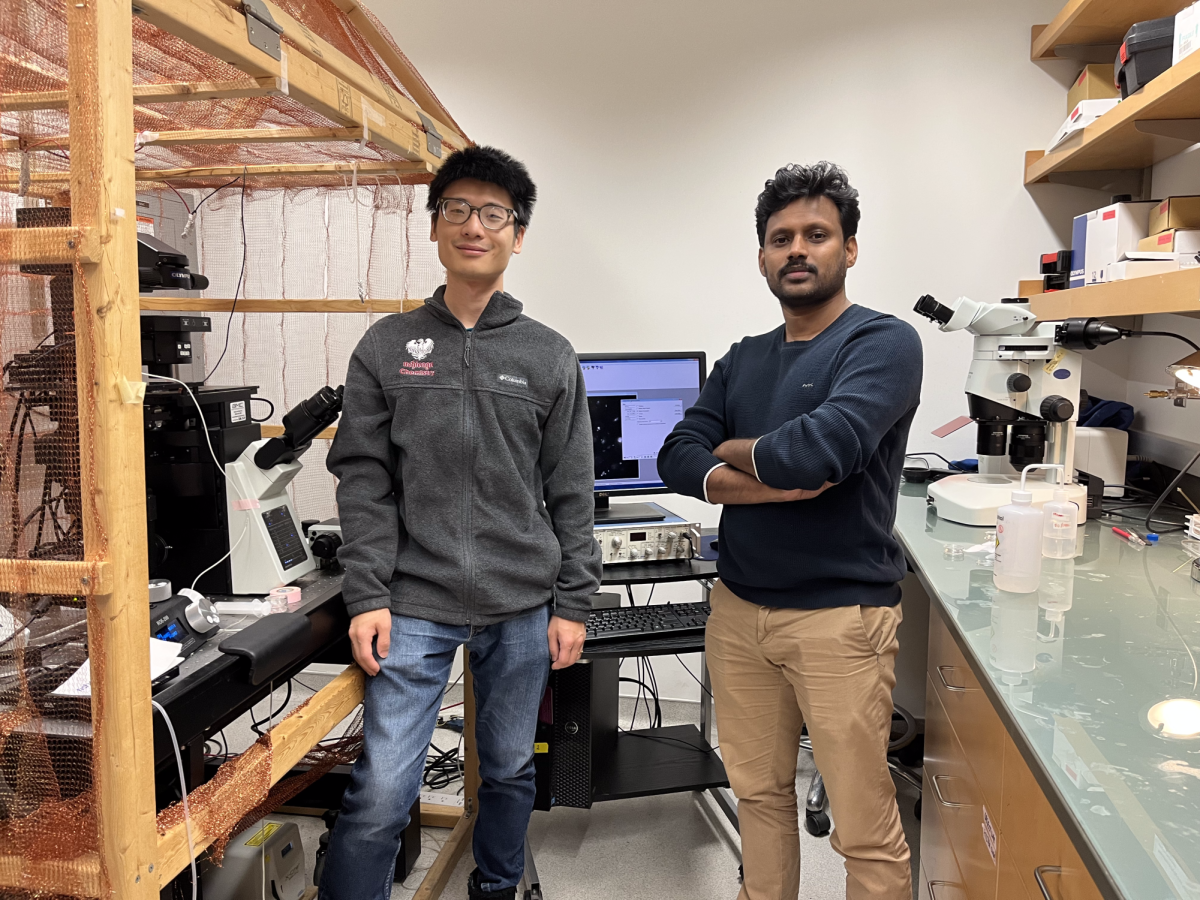
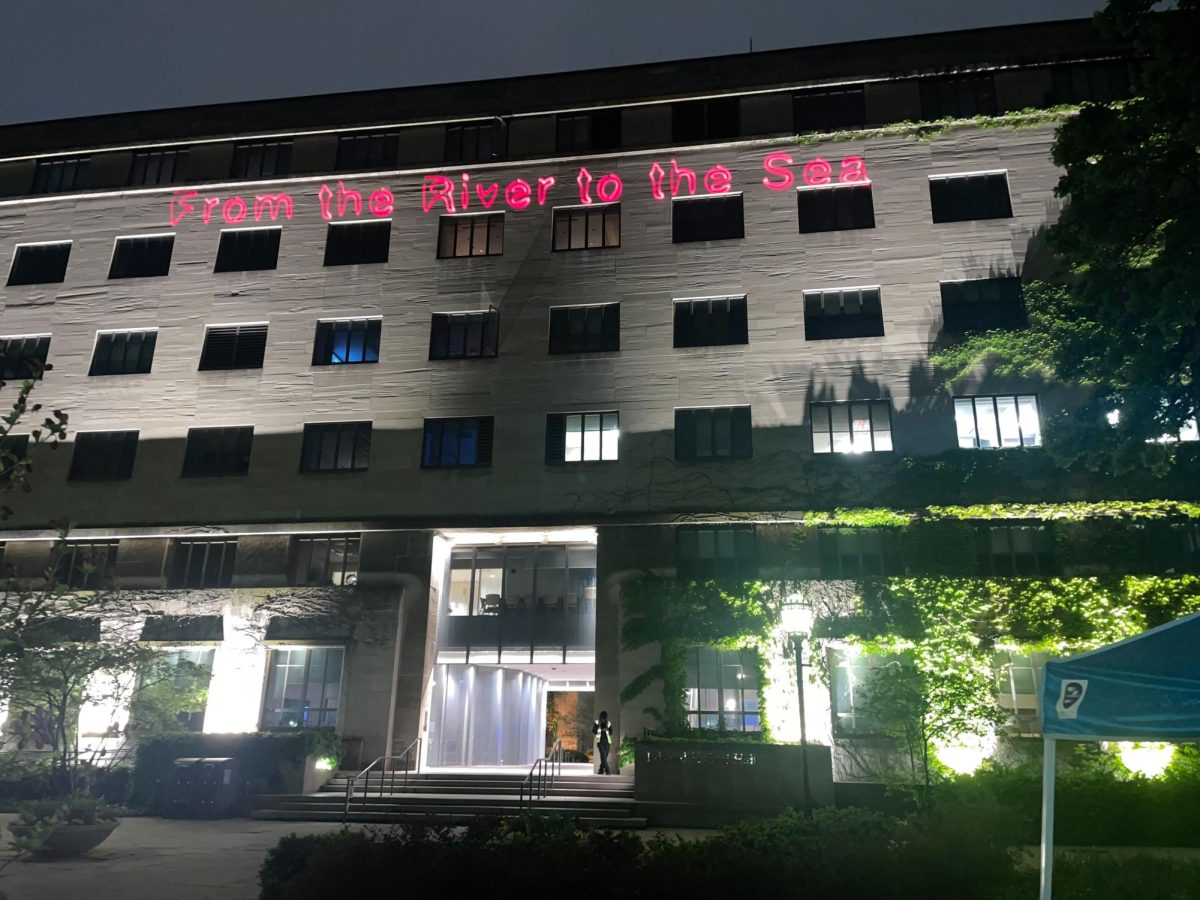

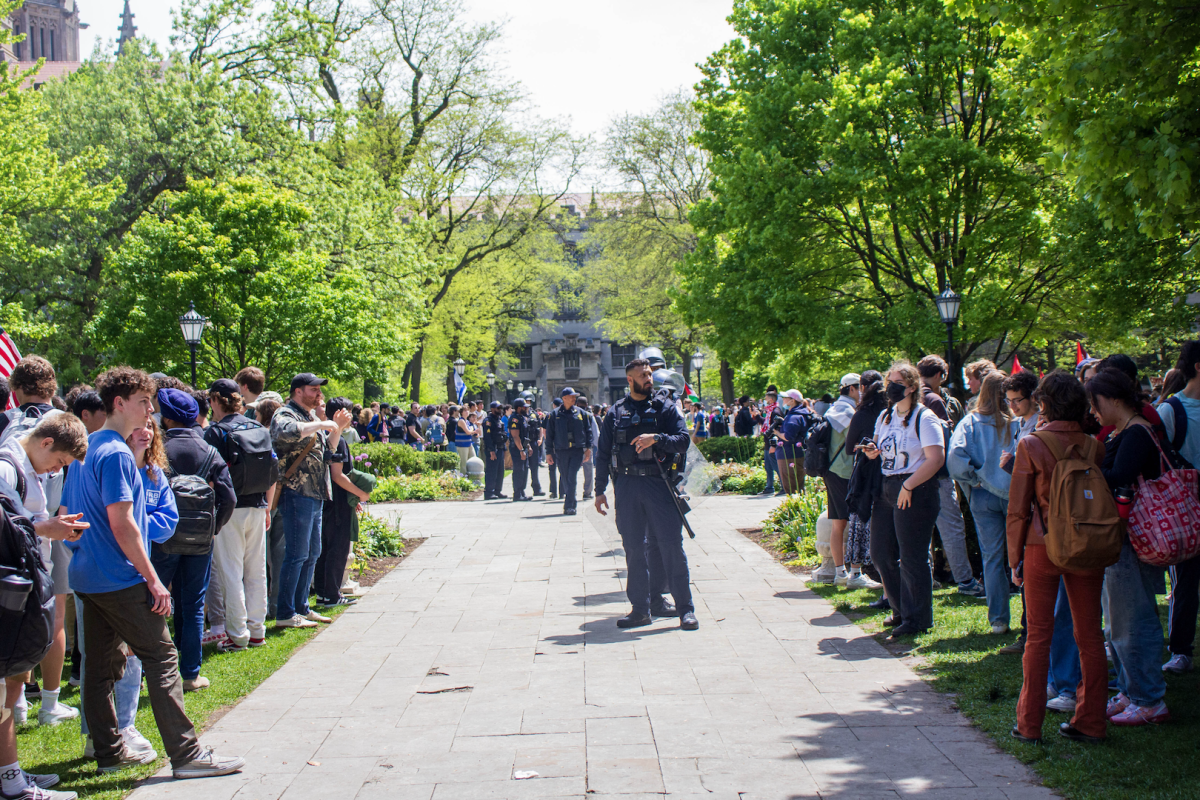
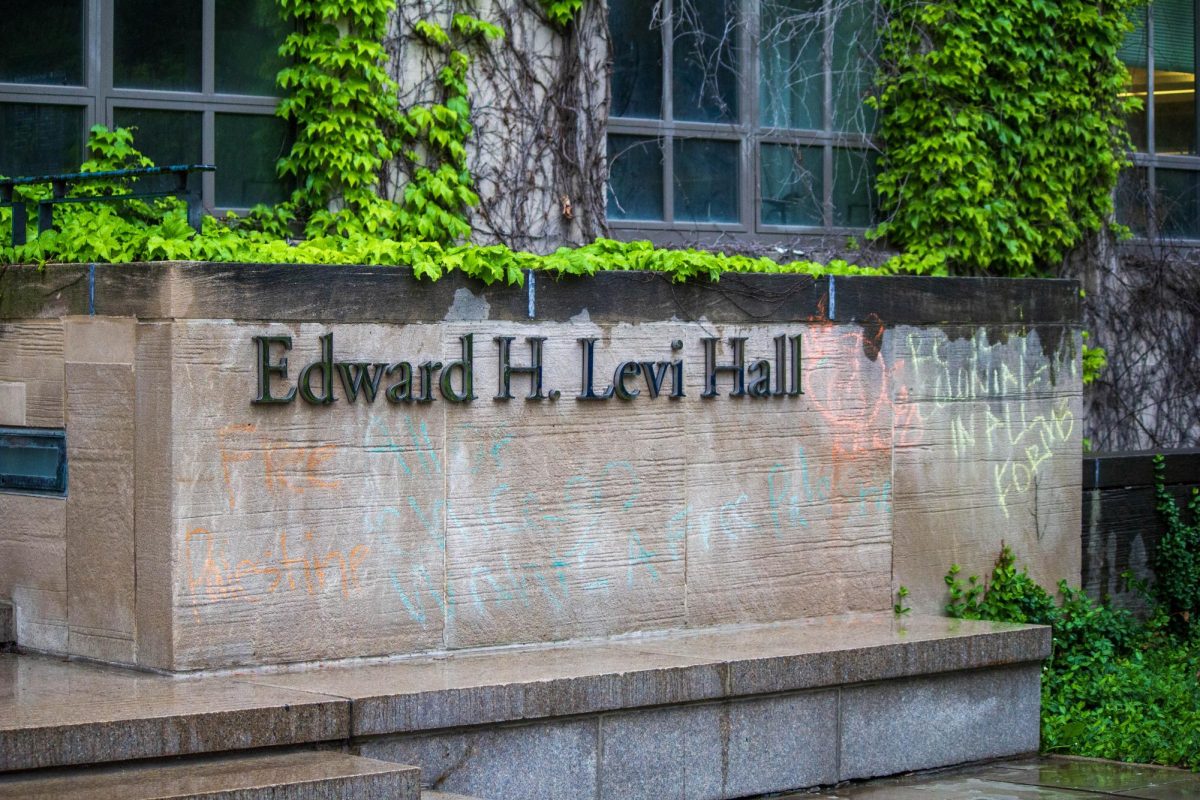

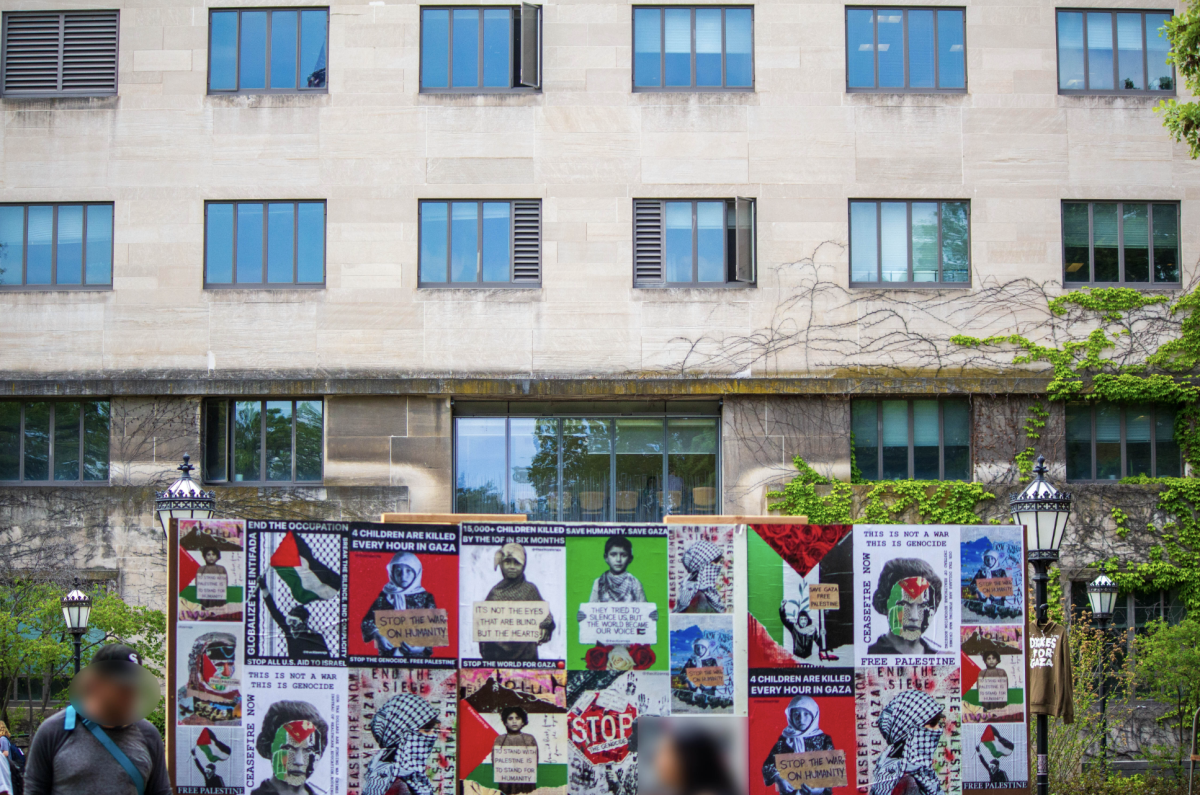
Rituparna Sinha Roy / Nov 18, 2023 at 12:33 pm
Excellent work by Prof. Krishnan and her group.